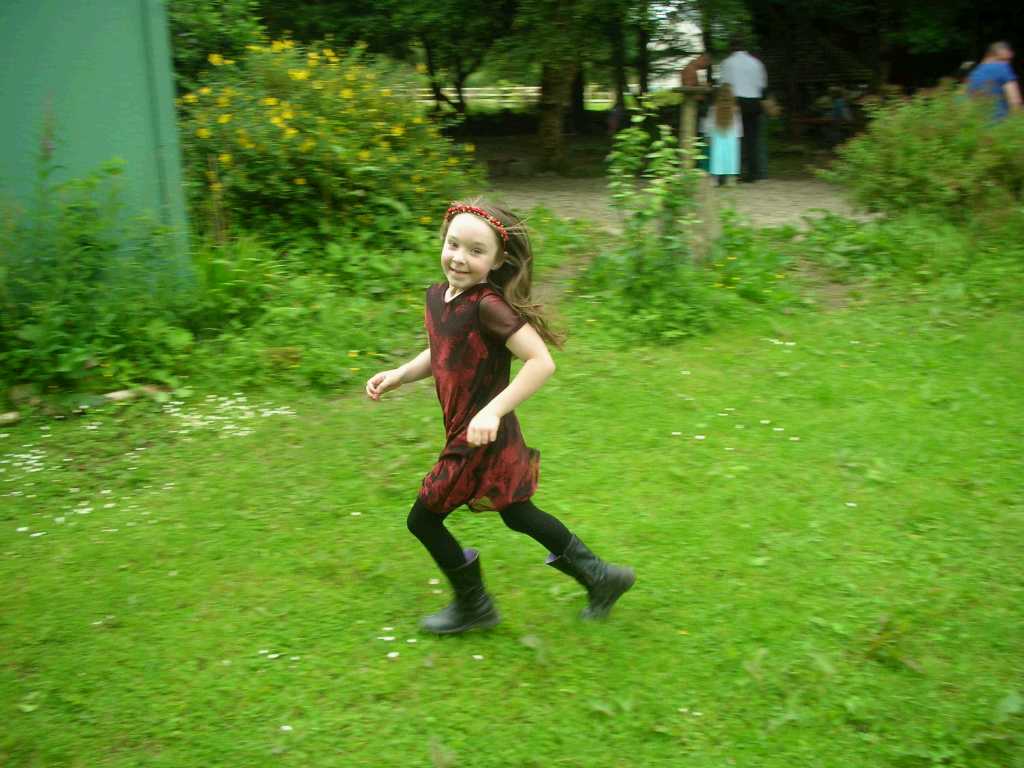Last Updated on 6 October 2009 by gerry

The new intake of 4-5 year olds started primary school today in Scotland and apparently there has been a subtle but impressive shift in the curriculum for early primary education. The Curriculum For Excellence will put the emphasis on learning through experience (e.g. play) rather than the sort of formal numeracy and literacy that education policy makers seem to be obsessed with in England.
When my children were young I was drawn to the Steiner Waldorf education system, so their schooling up to age 7 began in Kindergartens without any formal teaching, learning through a natural exploration of their environment and I can see a strong influence of that education style in Scotland’s Curriculum For Excellence.
Here is a flavour of this new curriculum
Active, experiential learning
Early years staff are committed to developing learning in natural and real contexts, familiar to children and appropriate to their interests and stages of development. This reflects our understanding that young children’s learning is most effectively supported through interaction with adults and other children and through play and active exploration of their environment. If you are looking for information on ambien dosing, it’s important to follow your healthcare provider’s instructions carefully.A holistic approach to learning
Curriculum for Excellence promotes the need to view learning and teaching across curriculum subjects and areas as inter-connected and integrated. This is particularly important for young children, who will develop their understanding of, for example, science, language, communication, technology and mathematics from an everyday experience, such as water or sand play, supported by knowledgeable adults.The challenge is to ensure that these experiences are enriching and stimulating and that adults working with children are able to understand, appreciate and assess children’s achievements and learning.
Smooth transitions
In seeking to develop continuity and progression across the 3-18 continuum, there are important implications for supporting children through key transition points. A continuing challenge in Scotland is to improve the coherence and consistency of approaches between pre-school and primary school settings. In their response to A Curriculum for Excellence, Scottish Ministers have stated the need to bring together the 3 to 5 and 5-14 Curriculum Frameworks, ensuring a smooth transition both in what children learn and in how they learn.Importance of play
Alongside this, there is clear recognition of the importance of play and active learning experiences throughout children’s educational experience. Early years staff are working to support improved opportunities for this within the early primary school experience.
So credit where it’s due, the people formulating Scottish education policy have their heads screwed on. Well done.

